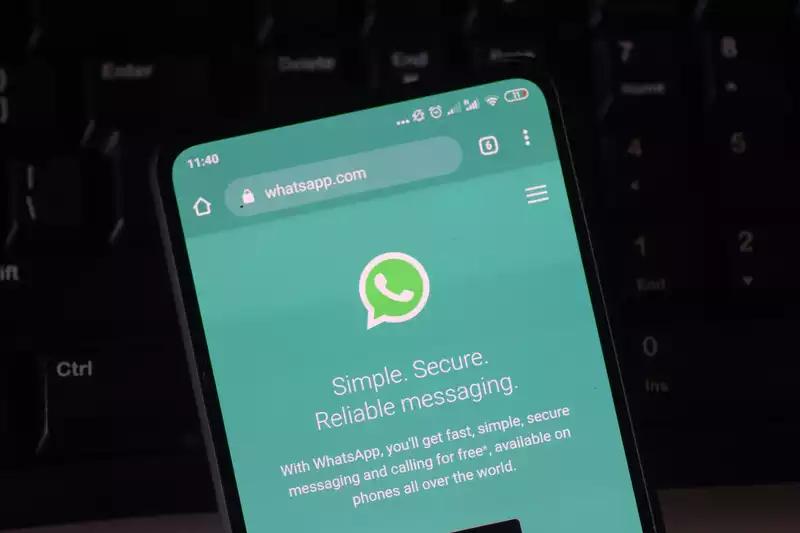The European Union is currently planning to prevent messaging apps like Signal, WhatsApp, Facebook Messenger, and Apple's iMessage from using end-to-end encryption.
According to a leaked memo, EU officials understand the privacy benefits of encryption, but are concerned that it will make criminal investigations more difficult. This move could lead more people to seek out the best VPNs to ensure that all messaging in apps is encrypted.
In a memo reported by ITPro, the EU describes encryption as "a necessary means to protect fundamental rights and the digital security of governments, industry, and society."
However, the EU also warns that it is also necessary to "ensure the ability of competent authorities in the fields of security and criminal justice, such as law enforcement and judicial authorities, to exercise their legitimate powers both online and offline."
In the memo, officials explain how messaging apps with built-in end-to-end encryption are being abused by criminals and why law enforcement authorities need access to these services in their investigations.
"At the same time, law enforcement agencies increasingly rely on access to electronic evidence to effectively combat terrorism, organized crime, child sexual abuse (especially its online aspects), and even various cybercrimes," the EU wrote.
"For competent authorities, access to electronic evidence is not only essential for successful investigations and thereby bringing offenders to justice, but also for protecting victims and ensuring their safety."
Many apps send encrypted messages between the user's device and the messaging provider's server. In many cases, the provider can decrypt the messages, allowing law enforcement to obtain them through normal legal channels.
However, end-to-end encryption ensures that the message data remains encrypted as it passes through the provider's server, and only the recipient of the message can decrypt it. As a result, no one else, including law enforcement, can read the message unless the sender's or recipient's device is unlocked.
The memo discusses how using end-to-end encryption in messaging apps makes it more difficult for law enforcement authorities to investigate.
The memo explains that "encryption may make it extremely difficult or practically impossible to analyze the content of communications in the framework of access to electronic evidence, even though access to such data is legal."
"It is therefore essential that the competent authorities in the field of security and criminal justice, irrespective of the technological environment at the time, maintain their powers through lawful access to carry out their duties, as provided for and authorized by law.
Therefore, the EU believes that a solution is needed that enables law enforcement to protect public safety while safeguarding fundamental data privacy rights.
The document adds: "In the future, the European Union will seek to establish an active discussion with the technology industry, working with research and academic institutions, to ensure the continued implementation and use of strong encryption technologies."
The document also states.
If a ban on end-to-end encrypted messaging apps is introduced by the EU, adoption of VPN services may increase across Europe as people look for other ways to secure their communications.
By installing and using a mobile VPN, smartphone users can encrypt all web traffic and data they send and receive, at least up to the point where the communication interfaces with the VPN provider's servers.
This is one of the reasons why VPNs have become so popular in recent years, as people ensure that their personal information is kept private when using public Wi-Fi.










Comments